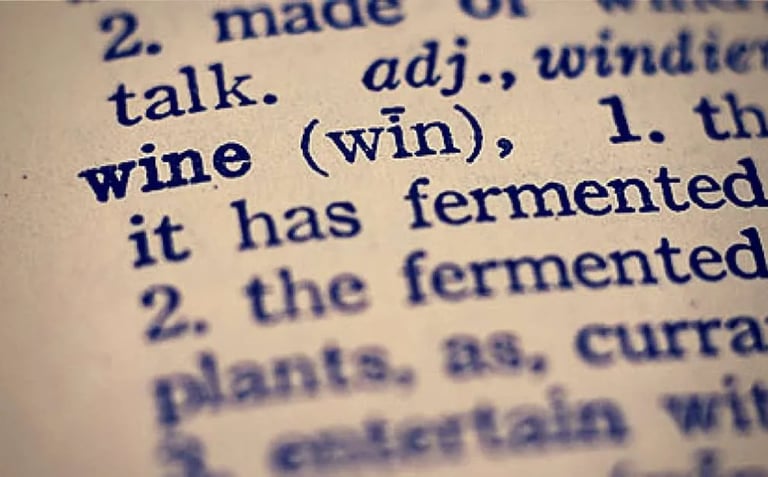
Subscribe to our newsletter
Decoding the Language of Wine
Mastering Wine Tasting Notes for Savvy Investments
12/29/20232 min read


Introduction
Navigating the nuanced world of fine wine investment calls for a well-rounded understanding of wine itself. In this intriguing realm, tasting notes are the roadmaps that guide enthusiasts and investors alike. This article demystifies the language of wine, empowering you with the expertise to leverage tasting notes for strategic investments.
Deciphering Tasting Notes
Tasting notes describe the sensory experience of a wine – its appearance, aroma, taste, and finish. They provide a vocabulary to communicate about wine and, importantly for investors, they offer insights into a wine's quality, ageing potential, and overall character. Recognising terms like 'minerality', 'tannins', 'acidity', and 'body' can be the key to identifying wines that promise a good return on investment.
The Role of Tasting Notes in Investment
Tasting notes serve as a valuable guide in the fine wine investment landscape. They offer a snapshot of a wine’s potential, providing an evaluation not only of its current state but also its predicted evolution. Notably, critics' tasting notes often influence a wine's market value. Mastering this language equips you with an informed perspective, enabling strategic investment decisions.
Challenges and Considerations
While useful, tasting notes can be subjective and influenced by the taster's individual palate. It's important to understand this while interpreting them. Also, consider tasting notes from reputable critics alongside other crucial factors like vintage conditions, producer reputation, and market trends.
Key Tips for Mastering Tasting Notes
Practice Makes Perfect: Familiarising yourself with the language of wine takes time and experience. Taste widely and frequently to refine your palate and understanding.
Trust but Verify: Use tasting notes as a guide but trust your judgement and preferences. Your personal taste may align or differ from critics, and that's okay.
Consult the Experts: Engage with sommeliers, critics, and wine educators to further deepen your understanding of tasting notes.
Conclusion
Decoding the language of wine is an essential skill for any savvy fine wine investor. Mastering tasting notes empowers you to navigate the fine wine market with confidence and foresight. Remember, in this journey, every sip brings new insights.
Ready to elevate your fine wine investment strategy? Subscribe to the WineLux newsletter. Dive into a treasure trove of insights, strategies, and the latest news in the fine wine investing world. Your fine wine investing journey starts here!
